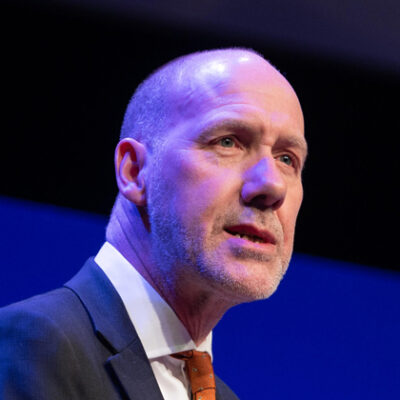By Gavin Mackintosh-
Exam board AQA stand to make over £5m after increasing charges to Academy trusts for G.C. S.E and A level exams, citing rising costs.
The news that Academy trusts in the Uk will have to pay out tens of thousands more in GCSE and A-level exam fees this year after boards hiked prices by up to 17 per cent have incensed school leader who say the decision in wrong and will create problems.
Both Edexcel, run by Pearson, and OCR have raised fees for all 2023 exams by a flat 6 per cent and England’s largest exam board AQA has hiked prices by between five and 17 per cent.
The increases have angered school heads, who say the decision is further stressful for them. Exam boards, which will earn several million pounds more from schools after the rises, said they needed to cover rising costs, which includes training, but school heads have criticised the increases as “inappropriate” given soaring energy and staffing costs. The increases which has been forced on schools without their consent is a new problem causing a dispute.
AQA has hiked prices for A-level art by 17 per cent – from £89.65 to £105.10. Other subjects have seen rises of between 5 and 12 per cent.
The non-for-profit organisation said increases for the majority of its qualifications were “well-below inflation” – currently at 9.9 per cent.
Rises above inflation are to “better reflect the market and true costs of delivering these qualifications”, a representative for AQA said.
Fees for A-level biology, chemistry and physics have risen by 10 per cent while GCSE geography and art have risen by 12 per cent. A maths GCSE now costs £41.20, up from £39.15.
It means an average-size secondary, with 200 year 11s taking nine of the most popular GCSEs with AQA could pay an extra £4,840 which would cost around £30,000 for an average multi-academy trust with seven secondary schools.
AQA could gain an extra £4.9 million if entry rates remain unchanged this year, but the board have denied they stand to make huge profits, arguing that this would only cover costs.
Tracey Newman, AQA’s director of customer and sales, said her organisation understood “that no-one wants to see prices increase, but like many organisations we’re experiencing a rise in the cost of providing our services”.
“As an independent charity, we don’t charge more than we need to for our qualifications and services, and we’ve kept entry fee increases well below the rate of inflation for the majority of our qualifications.”
Fair And Competitive
AQA aims to keep prices “fair and competitive” and fees are reinvested into developing qualifications, maintain a wide choice of subjects and help support and train teachers.
Geoff Barton, general secretary of school leaders’ union ASCL, said the rises constituted “another cost pressure on schools and colleges which simply cannot afford such increases without additional government funding being made”.

“At a time when schools and colleges are under growing financial pressure, we would expect exam boards to restrain costs as much as possible. Certainly an increase that is above the pay award for most teachers is difficult to swallow.”
With Edexcel fees rises by six per cent this year, the cost of a maths GCSE is now £46.80 compared to £44 last year.
Across nine subjects for 200 year 11s, this works out an extra £5,060 – or £35,420 for a trust with seven secondary schools.
Stretched
A spokesperson said they recognised school budgets “are stretched” and “we will always aim to keep fee increases to a minimum while providing as much value for money as possible”.
“Qualification fees enable us to provide everything that is needed through the course – from preparing the course content and assessments, teaching and learning support for schools, through to marking and delivering results.”
Likewise OCR, owned by Cambridge University Press & Assessment, is hiking fees by 6 per cent. A maths GCSE now costs £47, up from £44.25.
OCR could gain an extra £383,000 if entry rates to last year across nine GCSE subjects are similar.
An OCR spokesperson said they knew schools were facing “several financial challenges” and “aim to keep any fee increases as low as possible”.
”They use fee funds to provide subject resources, training, access to subject experts and new technology. It is not-for-profit.

